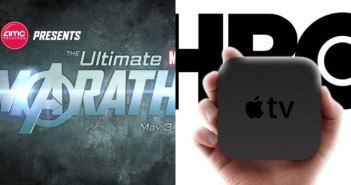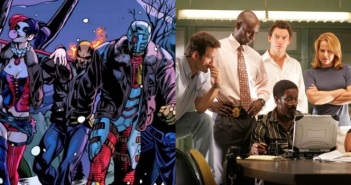The Damned United (2009) is English filmmaker Tom Hooper’s debut feature film, based on David Peace’s novel The Damned Utd (published in 2006). The novel is a fictionalised account of a particular moment in the legendary football career of Brian Clough (1935-2004), who began as a footballer but due to an injury re-channeled his energies towards management. The novel focuses on his stormy, it-should-not-have-been-in-retrospect stint as manager of Leeds United in 1974. During his time there, Clough managed to put the reigning English club at the time at its worst state in years, after being the era’s top club managed with tough love by Don Revie (1927-1989). As a result, Clough and Leeds parted ways after only forty-four days. While sticking closely to the novel, with The Damned United Hooper presents a highly spirited and altogether noteworthy work that examines the interlocking themes of football, film, fiction, history, and male friendship/rivalry.


